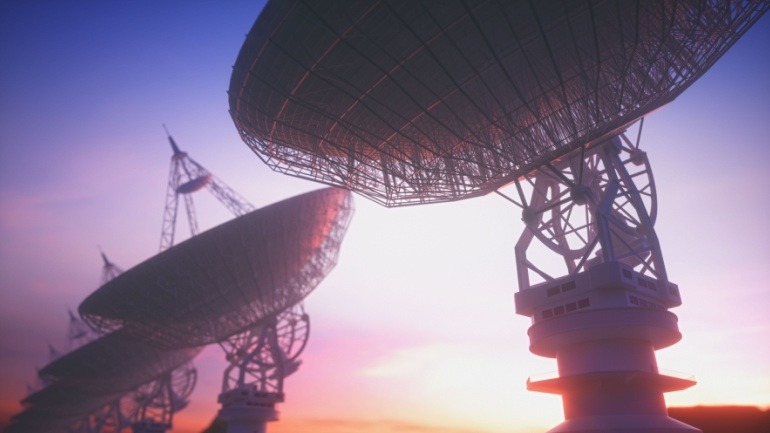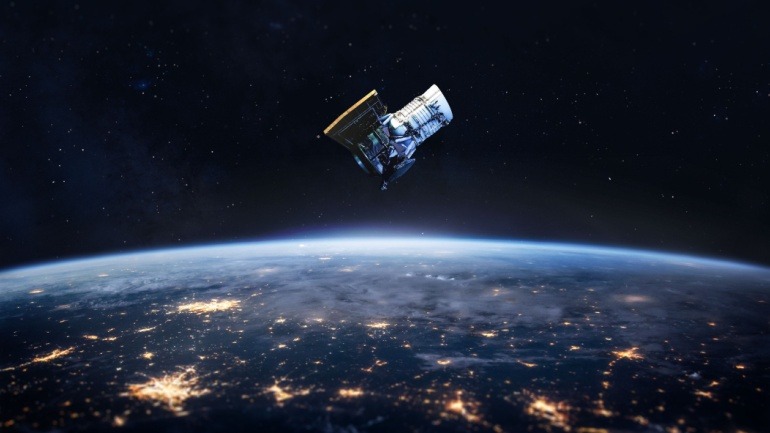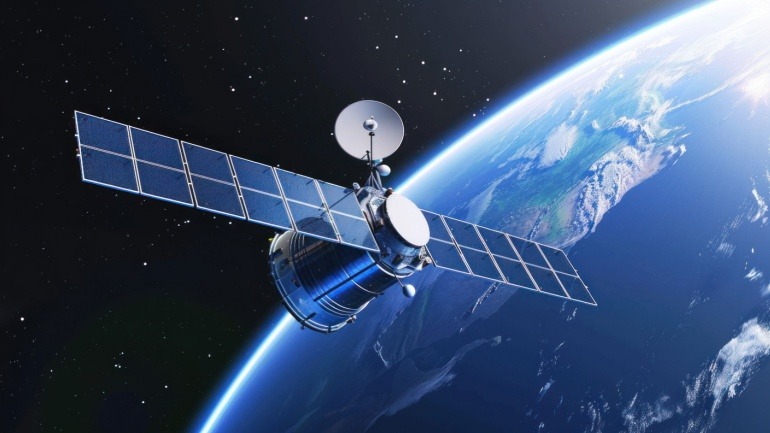The groundbreaking collaboration between Fujitsu and Yamaguchi University is paving the way for enhanced satellite data management through orbital edge computing. This innovative approach dramatically reduces satellite data latency from hours to mere minutes, facilitating real-time insights crucial for industries such as maritime logistics. By processing data directly on satellites, traditional bandwidth restrictions are bypassed, allowing for immediate information access. Organizations dependent on remote sensing, including those utilizing VoIP technology for communication, should closely monitor this advancement, as it promises to revolutionize data processing efficiency and timeliness.
T-Mobile has launched T-Satellite, a direct-to-device service using Starlink’s satellites, to combat notorious ‘not spots’ in the US and beyond. The service, supporting over 60 smartphones, integrates with T-Mobile’s premium plans.
Rogers Communications has launched Canada’s first satellite-to-mobile service, bringing connectivity to remote regions. Using low Earth orbit satellites and national wireless spectrum, the service enables texting and emergency access where traditional networks fail.
Luxembourg’s advanced digital infrastructure makes it an ideal headquarters for SatCo, the joint venture between Vodafone and AST SpaceMobile. This strategic move aims to deliver direct-to-device satellite broadband across Europe, enhancing digital sovereignty.
T-Mobile will launch its T-Satellite NTN on July 23, expanding satellite-to-cellular service to areas without terrestrial coverage. With 1.8 million beta users already active, the service enables seamless messaging on existing devices. Future features include multimedia messaging and emergency texting, even for non T-Mobile customers.
France has struck a major deal with Eutelsat to boost military satellite communications using OneWeb’s LEO constellation. The agreement supports urgent defense needs ahead of Europe’s IRIS2 system and could raise France’s stake in Eutelsat to 30 percent.
ESA and Hispasat have launched a joint effort to develop secure quantum key distribution via satellite and terrestrial networks. The Q-Design project involves major telecom and banking players, aiming to roll out a versatile QKD system by 2028.
Starlink has secured approval to provide satellite broadband in India, entering a competitive field with Airtel and Jio. Backed by a key license, it must meet strict local data and infrastructure rules before launch. With trial spectrum rights expected soon, Starlink prepares to help bridge connectivity gaps in underserved regions.
Deutsche Telekom is investing in the EU’s IRIS2 satellite project to build a cutting-edge multi-orbital communication constellation. This initiative will enhance Europe’s digital infrastructure, reinforcing technological sovereignty with advanced IT, secure networks, and 5G.













